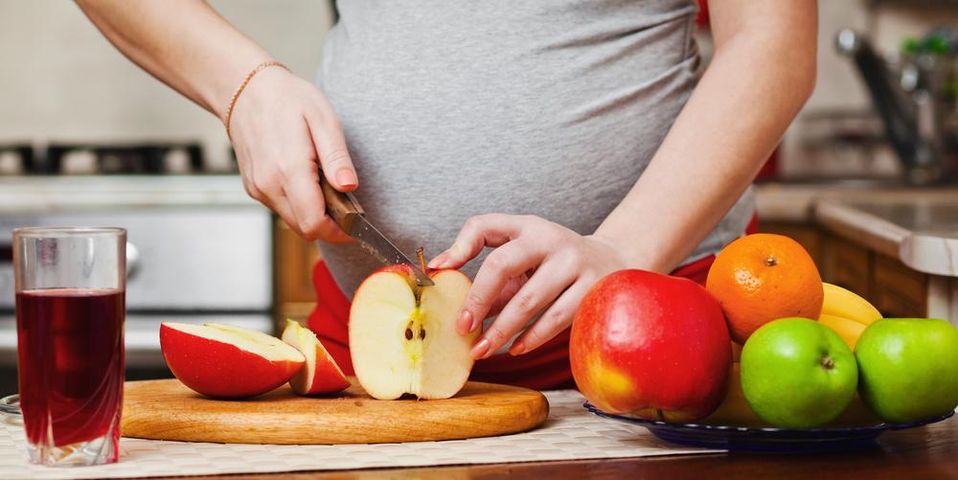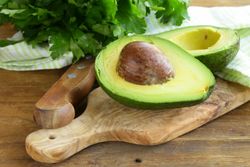What Nutrients Are Important for Good Pregnancy Health?

During pregnancy, a woman must get an adequate amount of daily nutrients to maintain a healthy fetus. While a medical professional may recommend taking supplements, these nutrients can be found in a variety of different foods. Here, the staff at The Center for Women in Mountain Home, AR, explain five must-have nutrients for excellent pregnancy health and where you can find them.
5 Important Nutrients to Maintain Pregnancy Health
1. Calcium
Consuming enough calcium per day is necessary for your baby to grow strong bones and teeth while in the womb. With a recommended dosage of 1,000 milligrams per day, it is unlikely that your prenatal vitamin will provide enough of this vital nutrient. Luckily, you can introduce more calcium into your diet by eating foods such as milk, cheese, broccoli, almonds, and okra.
2. Healthy Fats
 Not all fat is bad for your health; healthy fats exist in avocados, salmon, and olive oil. Consuming them during pregnancy aids in skin and brain growth, and it also dissolves vitamins A, D, K, and E so they can be absorbed and transported into the bloodstream.
Not all fat is bad for your health; healthy fats exist in avocados, salmon, and olive oil. Consuming them during pregnancy aids in skin and brain growth, and it also dissolves vitamins A, D, K, and E so they can be absorbed and transported into the bloodstream.
3. Fiber
Constipation is, unfortunately, among one of many symptoms that pregnant women experience. Whether the constipation is caused by iron supplements or not drinking enough water, adding fiber-rich foods to your diet will add bulk to your stool so that it passes through the intestines with ease. If you are experiencing constipation, look for apples, sweet potatoes, broccoli, and carrots on your next trip to the grocery store.
4. Folate
Folate, which is found in green leafy vegetables, citrus fruits, and legumes, aides in the prevention of neural-tube birth defects such as spina bifida. While pregnancy health experts recommend pregnant women to consume at least 600 micrograms, getting at least 400 micrograms of folate per day is recommended before pregnancy.
5. Protein
Protein is a critical part of your baby’s cell growth. Additionally, it keeps you feeling energized throughout the day. Since protein cannot be found in prenatal vitamins, you must add them to your diet in the form of food. Find protein in beef, chicken, pork, and fish. If you are vegetarian, try adding lentils, dried beans, and peanut butter to your diet instead.
To learn more about what foods you should eat during pregnancy, don’t hesitate to contact The Center for Women. Their team, under the leadership of OBGYN J. Harley Barrow, Jr., M.D., offers a wide range of helpful women’s health care services. If you are pregnant or trying to become pregnant, visit their website for more information on their available services. To make an appointment or speak to a doctor about your pregnancy health, call (870) 425-7300.
About the Business
Have a question? Ask the experts!
Send your question

